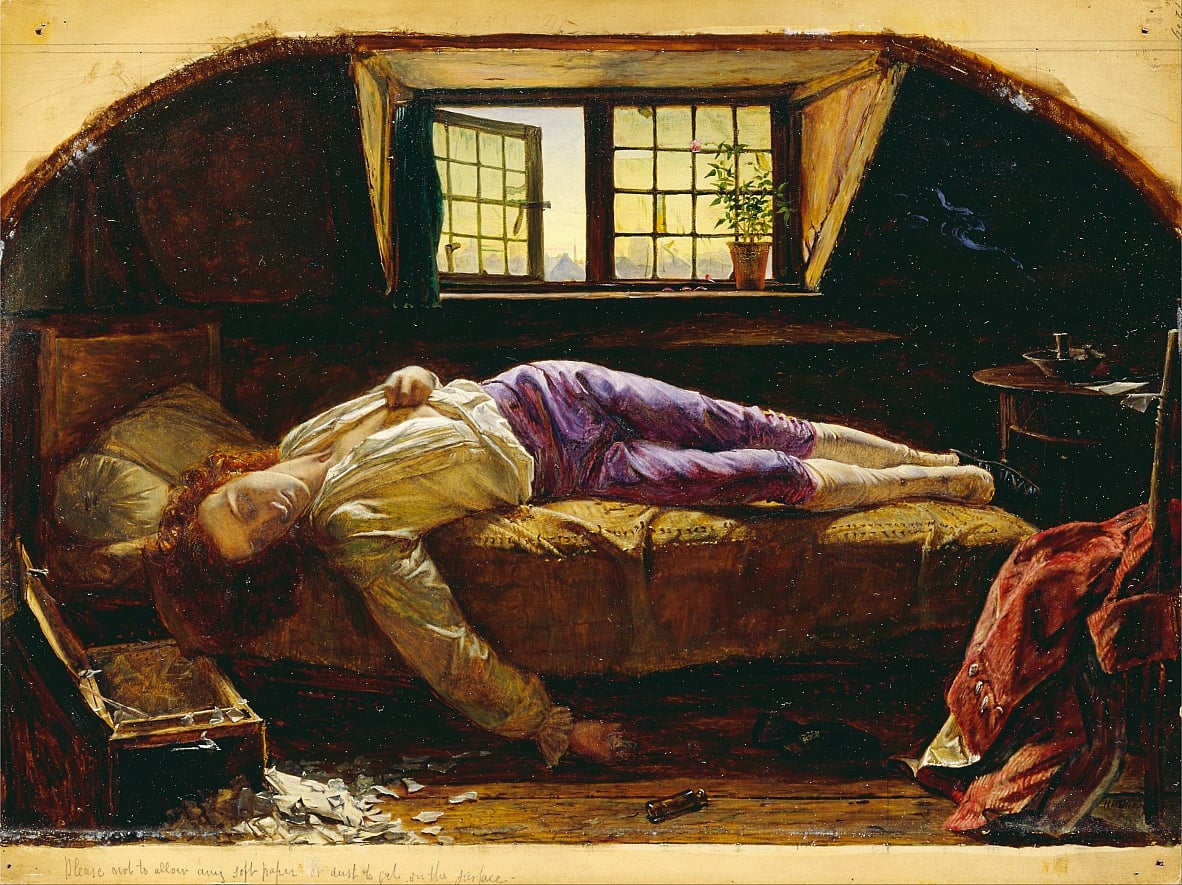In 1841, in a village near Midsomer Norton in the west of England, a 17 year-old girl fell in love with the local schoolteacher. He was older than Mary, almost twice her age. Her parents wanted her to marry another man, but she wanted only Joseph. One morning, they ran away to Bristol and were married there in secret.
After a few days they returned, taking a steam train to the nearest town, then walked across the fields back to the village. The corn was waist-high and a skylark sang invisibly high above their head. As they approached, church bells began to ring. Word had reached their families that they were returning, and her father had asked for the bells to be rung, welcoming them home …
It sounds like the opening of a Thomas Hardy novel, but this is a true story of my great-great grandmother. It was a life like countless others in the nineteenth century, of course, with the exception that, near the end of her life, Mary decided to write her autobiography.
After her marriage, the mood of the story changes from Hardy to DH Lawrence. The couple moved from idyllic Wessex to industrial South Wales. Joseph soon died from TB and she was left with two young children. After a few years she married again, to a miner, and had more children. They lived in a row of cramped houses close by the coal mine, and to make ends meet, some of the children had to work underground with their father.
Within a few years, Mary was widowed again. A terrible explosion in the mine killed both her husband and one of her sons, not yet 10 years old. At the age of 36, with four children, another man asked for her hand. This third husband, too, was badly injured in a mining accident. There were more children, and by the twentieth century she was the matriarch of family that extended across the UK, the US and Australia.
Mary was only a few years younger than Queen Victoria and outlived her by many years. She was almost 100 when she wrote the story of her long life, and yet the most vivid memory – which shines on the page of the little volume – is of being a teenaged girl in the 1840s, just married, walking defiantly back across the fields, and then hearing the church bells ring to tell her that she was forgiven. That she was loved. That everything was alright. She was welcome home to the village where she had grown up, and where I am writing this today.



